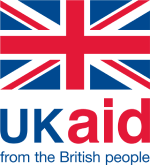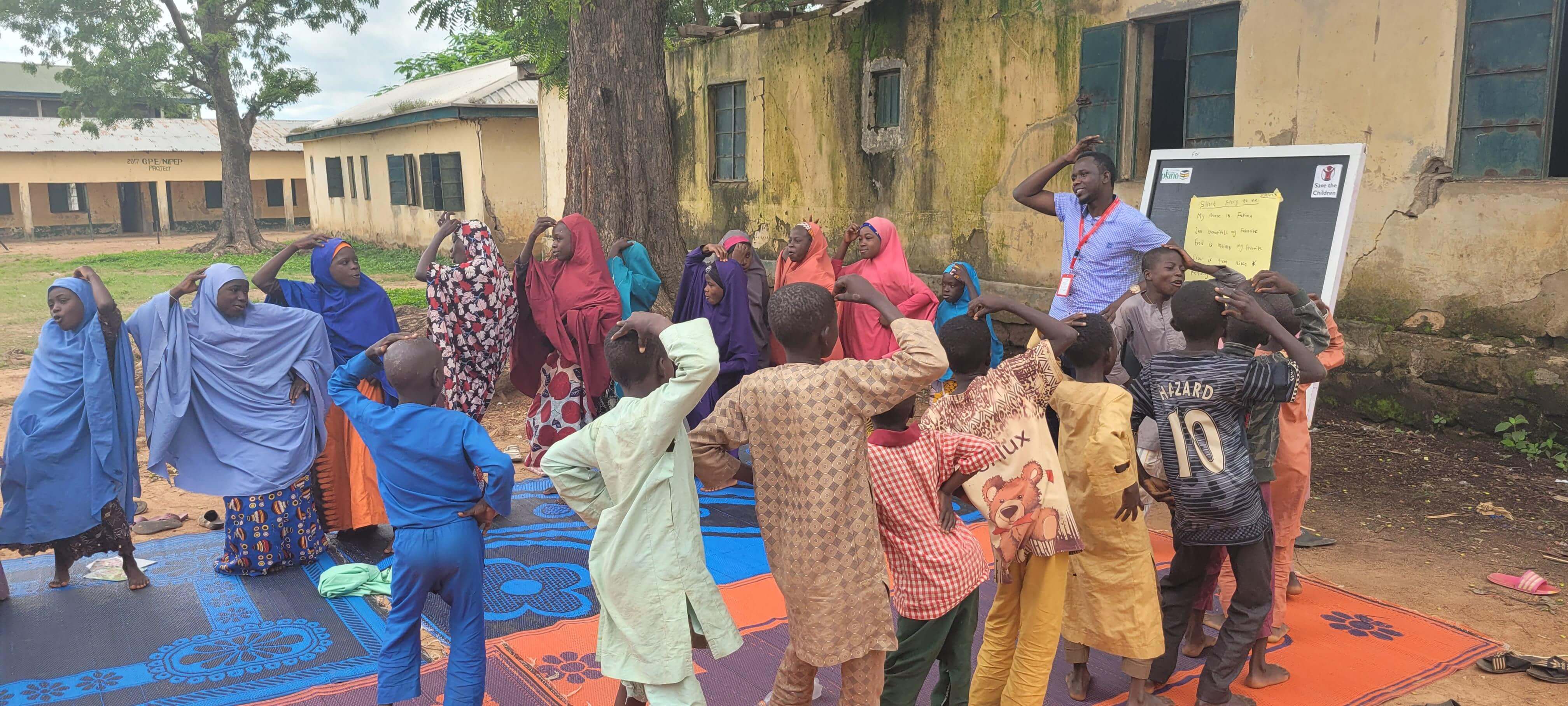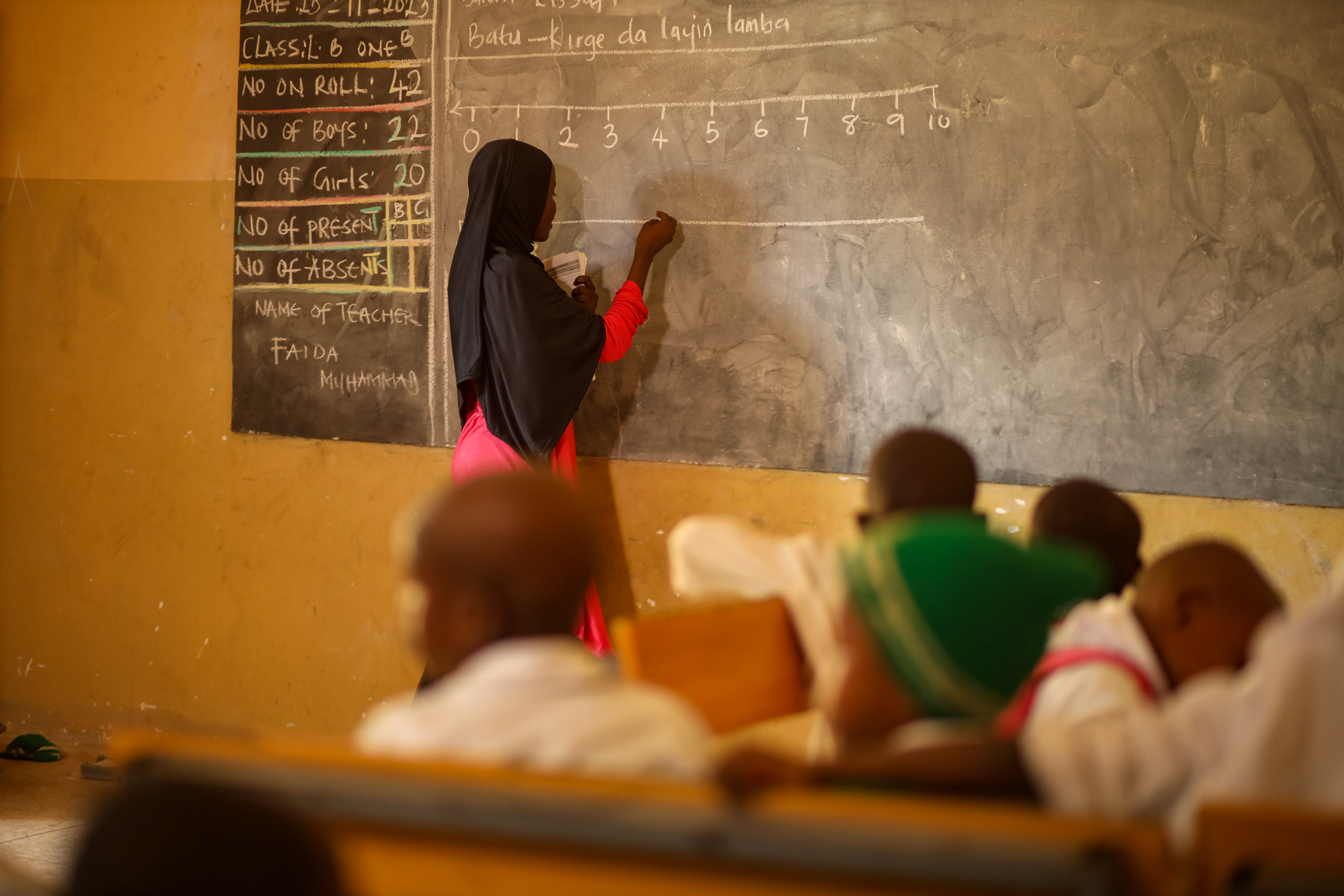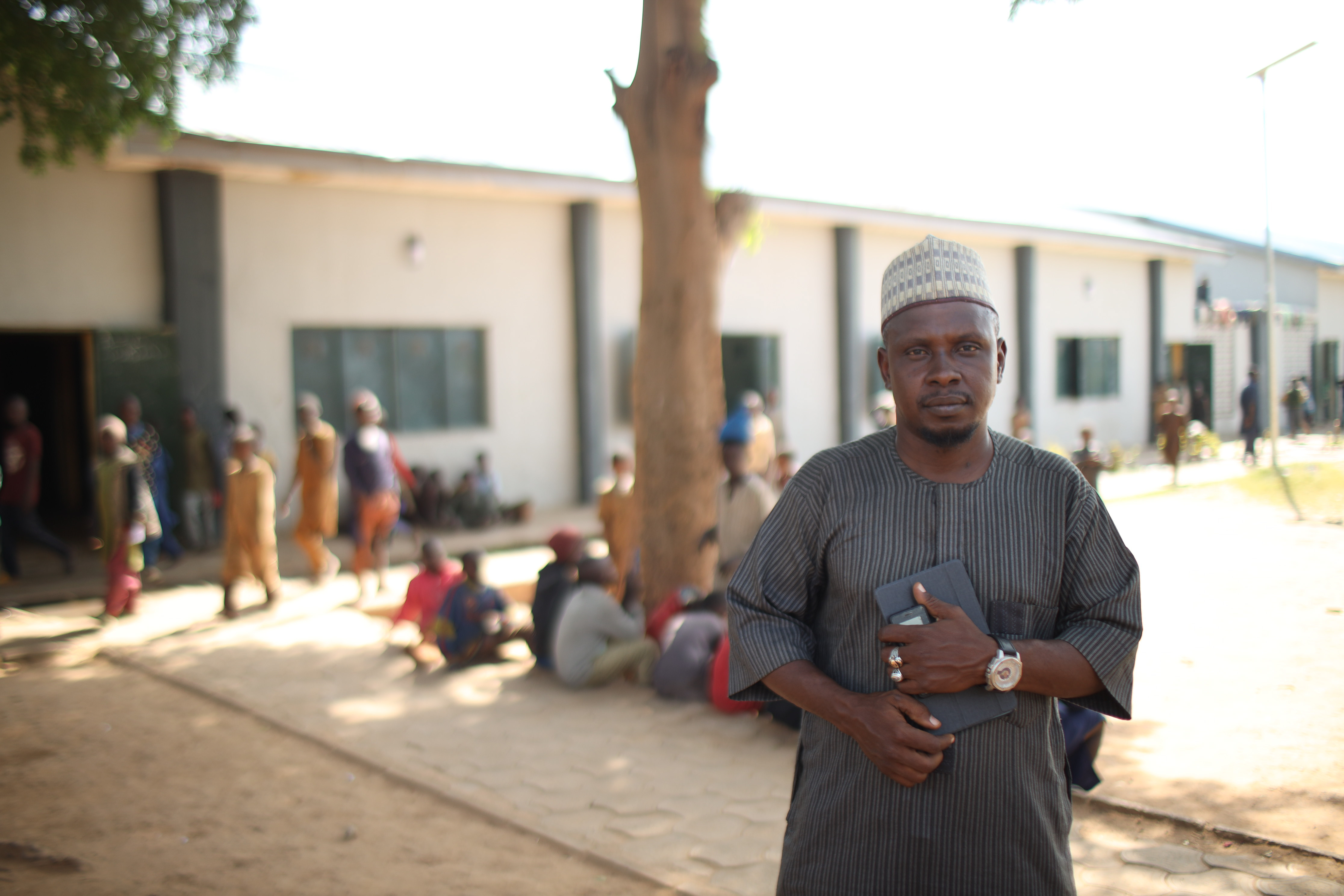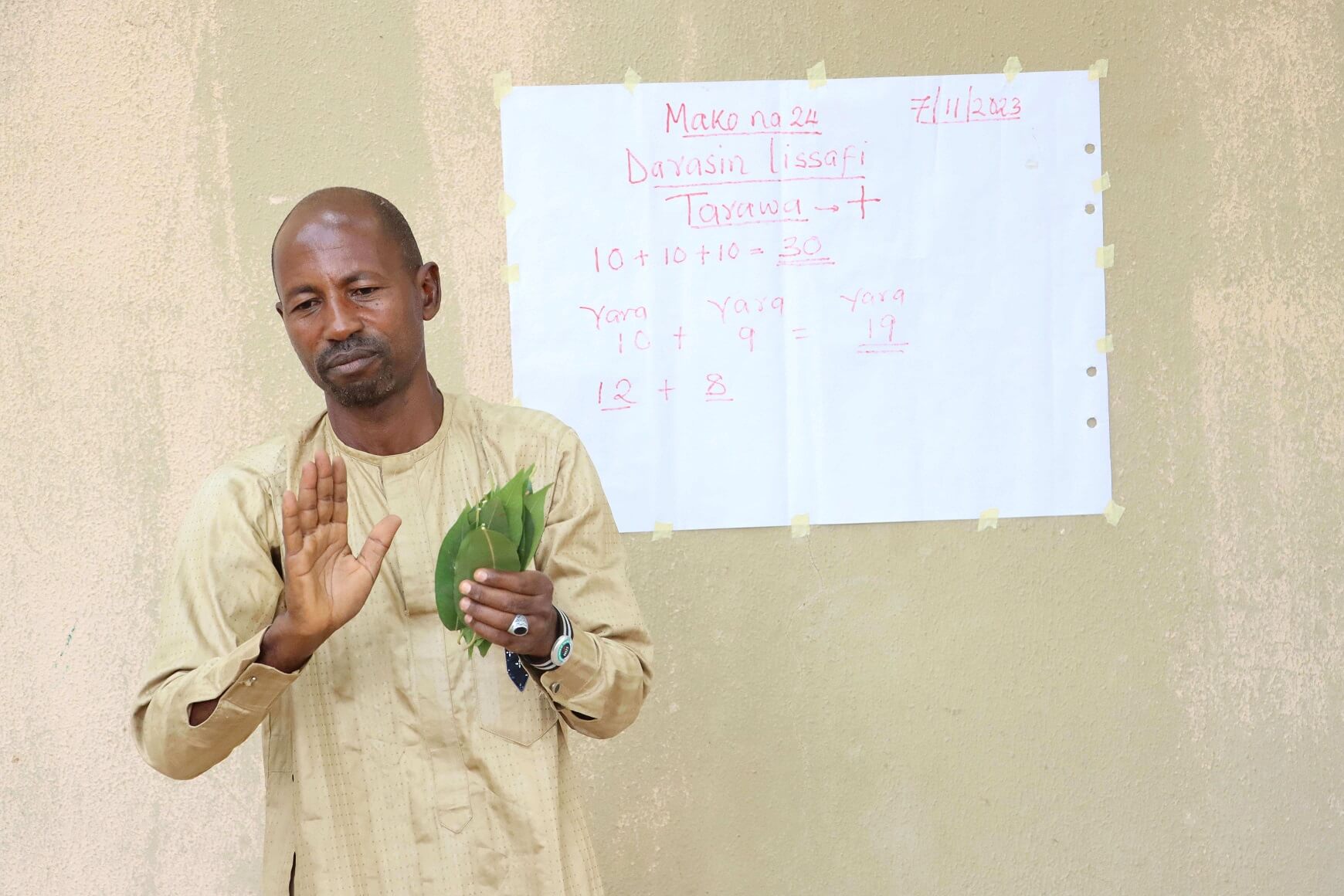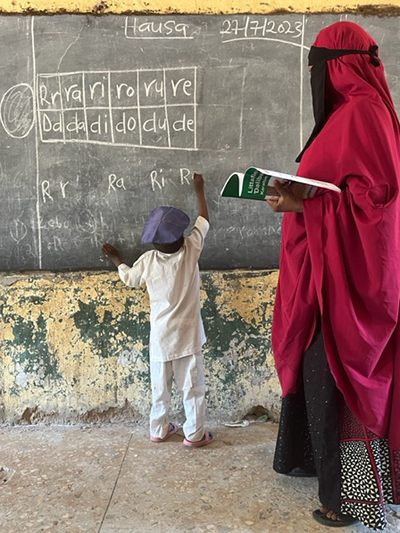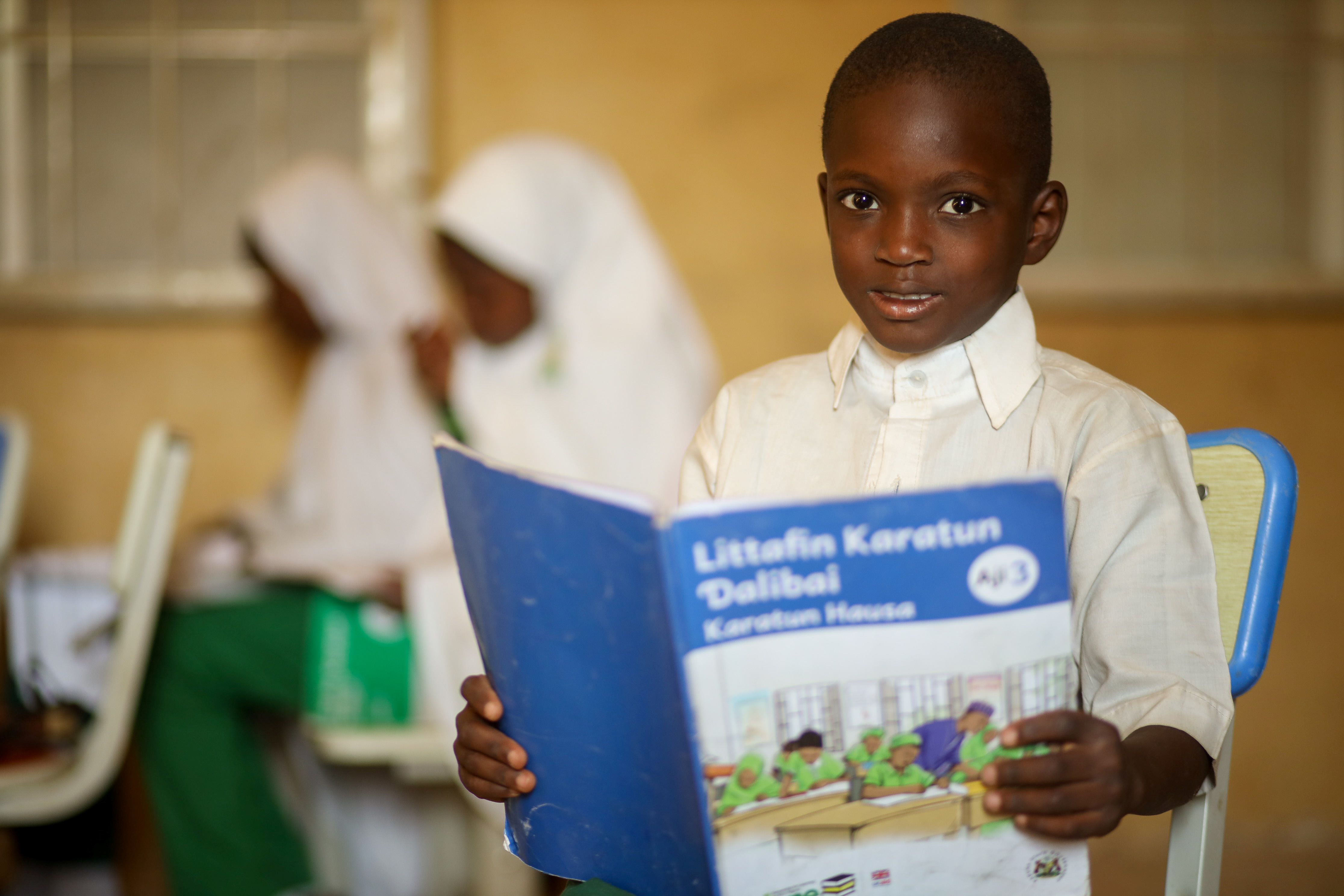
In the past decade, Nigeria has made great efforts to enrol more children in school. This achievement however brought to the fore – a silent crisis and revelation – that schooling does not equate to ‘learning’.
Imagine how frustrating it must be to sit in a classroom every day and not learn. That is the reality for three in four 10-year-olds in Nigeria. They are unable to read comprehension texts or complete simple arithmetic equations, according to a 2022 survey/study by the National Bureau of Statistics (NBS) and UNICEF. Unfortunately, there is a limited chance to catch up later. This reality is a contributory factor to high dropout rates as children progress in schooling and social alienation.
One of the ways to stem the tide is by ensuring that children acquire Foundational Literacy and Numeracy (FLN) skills by Primary 4 (or before 10 years). FLN skills in early grades ensure that all children are on the path to continued learning, skills development, and employment in line with the aspiration of the Universal Basic Education Commission (UBEC). How can we accelerate FLN and eliminate the root of the learning crisis?
The connection between language and education is very visible and paramount. Language has a profound impact on education. Many children start school with knowledge of concepts in their mother tongue but cannot relate to the same concepts in school because they are unfamiliar with the language of the classroom.
It is estimated that less than 30% of the Nigerian population can be reached using the English Language. This is not surprising given that the country has about 540 languages within its borders. As such, a good start is eliminating the situation of forcing children to learn a new language before they can learn anything. Rather, children should use their home language to learn, and then transit to other languages. The importance of ‘mother language’ education for foundational learning, inclusion and quality education cannot be overemphasised.
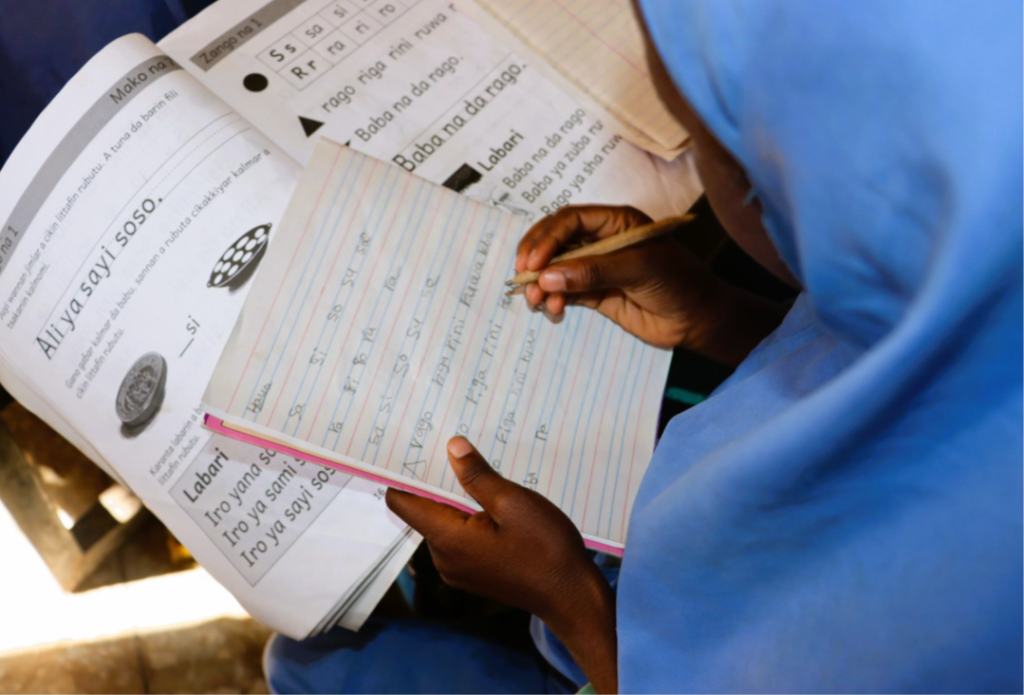
February 21 is recognised as ‘International Mother Language Day’ and it is celebrated annually, with UNESCO leading the celebration in every member state. The day recognises that languages and multilingualism can advance inclusion, and the focus of the Sustainable Development Goals to leave no one behind. The promotion of multilingual education is premised on a type of education that begins in the language that the learner understands most and then gradually introduces other languages.
Education in the mother tongue helps children develop a strong foundation in their native language. This is important for their overall cognitive development, as well as their emotional and social well-being. When children are educated in their mother tongue, they are better able to express themselves, ask questions, and engage in meaningful discussions with their teachers and peers. This leads to a more stimulating and inclusive learning
Furthermore, the opportunity of learning a second language that is inherently part of multilingual education is also associated with cognitive flexibility and cultural empathy. When individuals are proficient in multiple languages, they develop the ability to navigate different linguistic and cultural schemas, expanding their capacity for empathy and understanding. This cognitive flexibility is a valuable skill that prepares individuals to thrive in diverse and rapidly changing environments, both within and beyond their own communities.
In 2022, the Federal Ministry of Education (FME) through the Nigerian Education Research and Development Council (NERDC) made the giant stride of approving the National Language Policy (NLP) which states that the language of instruction will be in Mother Tongue (MT) or Language of the Immediate Community (LIC) from Early Child Care Development Education (ECCDE) to Primary 6.
It is important to point out that the English Language should be taught as a school subject from ECCDE to Primary 6 and used as the language of instruction at the Junior Secondary education level. However, many parents would prefer that their children learn in English than in their mother tongue. This is based on the belief that certain internationally ‘important’ languages give children a competitive advantage in later life. Other provisions of the policy include teaching French as a compulsory subject from Primary four; optional study of Arabic and French at post basic; one Nigerian language as compulsory at post basic; and encouraging bilingualism at tertiary level.
Encouraging the use of the mother tongue does not negate the importance of the English Language in creating a connection with the rest of the global community. However, Nigeria also needs to gain from the widespread opportunities that investment in its numerous indigenous languages could bring. Nigeria has had a lot to show from using English language, especially in literary endeavours and entertainment with great authors and actors that earn global recognition, with these individuals demonstrating a mastery of not just the English Language but their mother tongue.
Multilingual education has strong bearing with Nigeria’s greatness in literary and creative endeavour across generations. The literary achievements of Achebe with Things Fall Apart as the 5th on the BBC’s ranking of 100 stories that shaped the world in 2019 and Soyinka’s pioneering Laureate from Africa since 1986 are significantly attributable to elements of multilingual education that give both personalities strong footing in their mother tongue and English. Nigeria can learn a lot from India in this regard from the management of its numerous indigenous languages side-by-side with the English Language.
The NERDC acknowledges that some challenges are expected in implementing the National Language Policy – lack of political will and awareness, teacher shortages and capacity, mismatch of teachers’ dialects to the dialect of the community, and dearth of curricula and resources. Notwithstanding, Nigeria can leverage the resources (teacher guides, pupils’ books, training manuals, research outputs, assessments etc) on learning in the mother tongue already developed through the effort of international development partners, with positive results being recorded in some parts of the country. February 21 is therefore a call to action for the government to invest in the implementation of the Nigeria Language Policy with emphasis on its provision for learning in the Mother Tongue or language of immediate community particularly at the foundational stages (ECCDE – Primary 4) by re(training) of teachers to teach in indigenous languages, development of materials in local languages (text books, story books, dictionaries) as well as advocacy with parents and communities to understand and support the initiatives. In order to fully realize the benefits of education in the mother tongue, it is essential for policymakers and educators to recognize the importance of language as a tool for learning and development.
Written by Abiola Sanusi, Federal Engagement Lead, PLANE.
